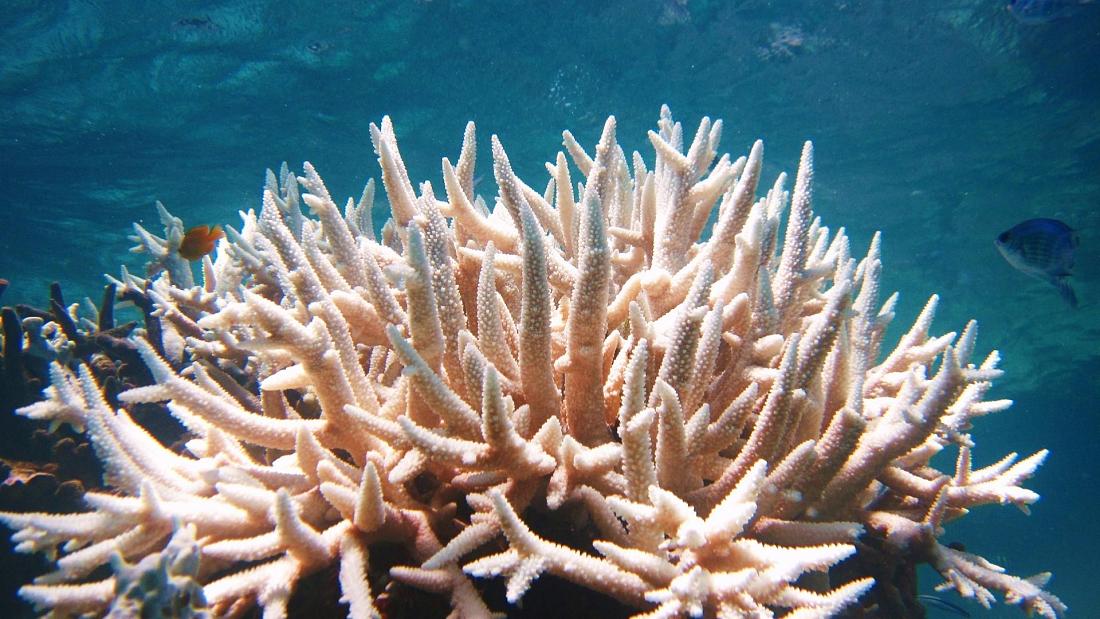
🐠 Bleached corals can still provide nutritious seafood
A new study has found that fish living in bleached coral reefs can remain sources rich in micronutrients. This provides hope for coastal communities that rely on coral reefs for food.
Share this story!
Sadly, corals get bleached because of the rising sea temperatures. For coastal communities relying on the reefs for food, this is a disaster. Now, however, a study has brought hope to the coastal communities. The study shows that bleached corals can still provide them with very nutritious food.
The international team behind this research found that reef fish can be important sources of zinc and selenium (which, according to Euronews.green, plays a critical role in thyroid function). The fish also contain omega-3 and iron levels equal to pork and chicken.
Why is this? Bleached reefs have become dominated by seaweed and this is why iron and zinc levels are higher in fish caught on these reefs. The scientists found that many of these seaweeds have higher mineral compositions, which the fish ingest, making them potentially more nutritious to humans.
“Our findings underline the continuing importance of these fisheries for vulnerable coastal communities, and the need to protect against over-fishing to ensure long-term sustainability,” says Dr James Robinson from Lancaster University, who led the study.
Even though this is one positive thing in the midst of deep concerns about the phenomenon of coral bleaching, scientists still urge more studies on the long-term impacts of coral bleaching. Deeper insights are crucial in order to make a more sustainable future coming sooner.

By becoming a premium supporter, you help in the creation and sharing of fact-based optimistic news all over the world.



